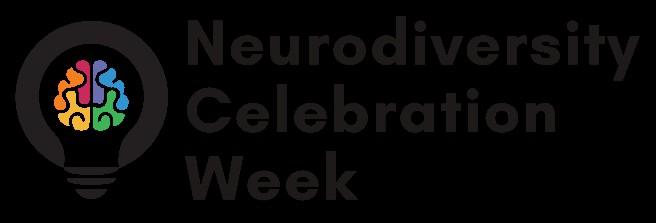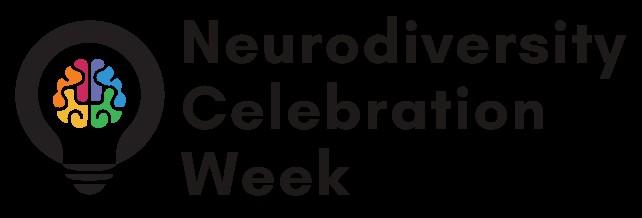
March 17 - 25, 2025




March 17 - 25, 2025


What is Neurodiversity?
Do These Differences Have a Name?
What Is Neurodiversity Celebration Week?
What Can You Do To Help?
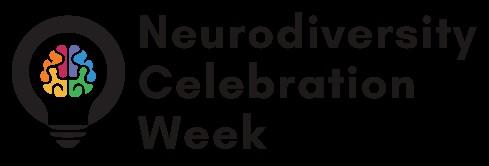
• Everyone has a differently-wired brain and their own unique way of thinking, interacting and experiencing the world.
• Neurodiversity is based on the concept that neurological variances should be recognised and respected just like any other human variation, such as gender, race or sexual orientation. Neurodiversity is about recognising that everyone’s brain works differently.

• There is no ‘standard’ human brain against which all other human brains can be compared.
• On the contrary, the human brain is so complex that no brain is exactly alike.
• The wide range of natural neurological variations of the brain affect the way that people think, learn and process information.
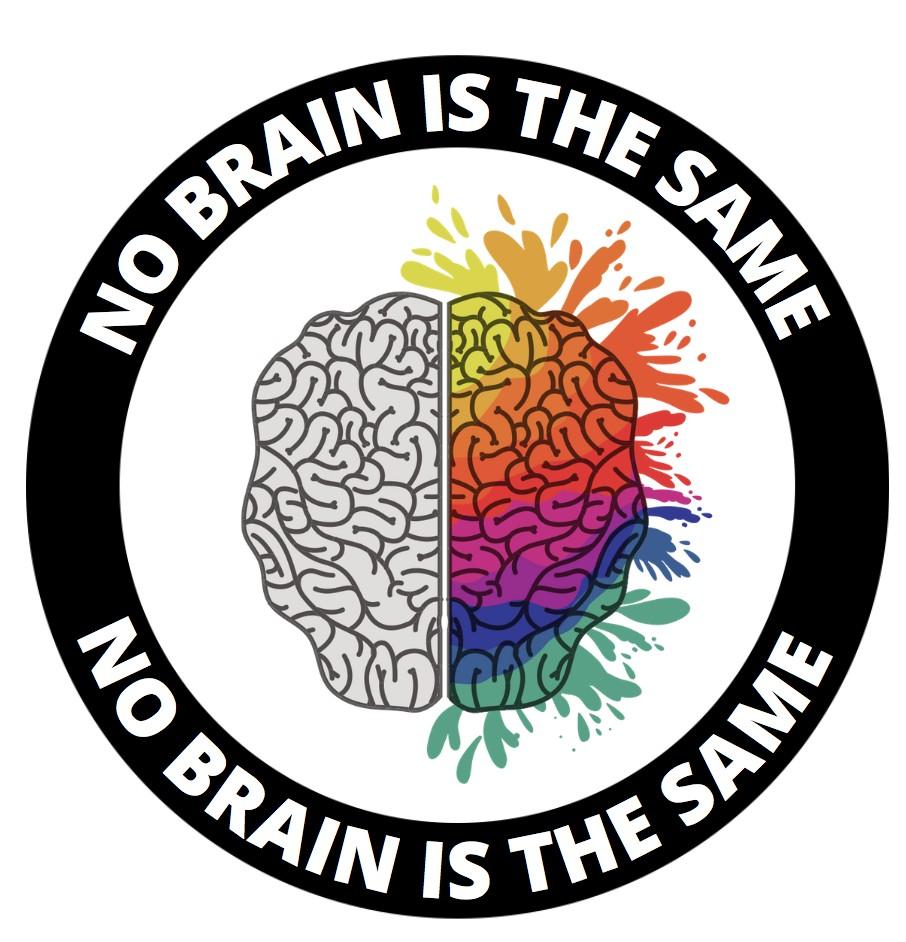
• Neurological differences in the way that our brains are wired means that you may find some things challenging that others find easy.
• You may also find things easy that other people find challenging.
• Neurodiversity is about recognising that there is a wide range of neurological variations in the human brain, instead of viewing these variations as being “abnormal.”
Neurological variations in the human brain are natural.
Some of the different ways of thinking, learning, interacting and perceiving the world have been given labels, such as:
• Attention Deficit Hyperactivity Disorder (ADHD)
• Autism Spectrum Conditions (ASC)
• Dyslexia
• Dyspraxia
• Dyscalculia
• Tourette’s Syndrome

• About 4% of the population have ADHD.
• ADHD affects a person’s ability to focus. It can cause inattention, hyperactivity and impulsiveness.
• People with ADHD can be some of the most creative members on a team, bringing energy and new approaches to their projects
• Several studies have shown that adults with ADHD tend to be outof-the-box thinkers and calm under pressure.
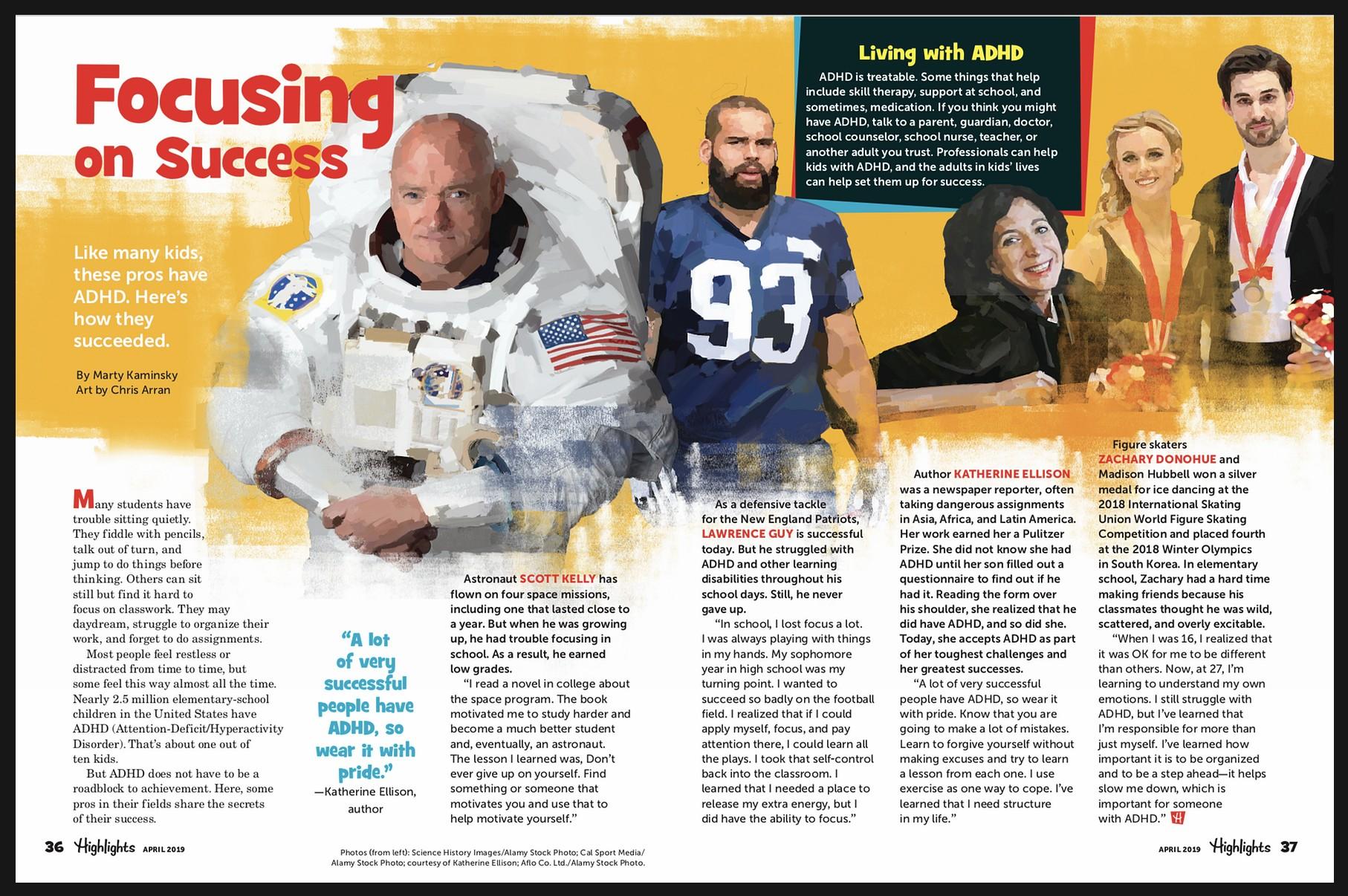
• About 2% of the population is autistic.
• Autism affects how a person perceives the world and interacts and socialises with others, making it challenging for them to pick up social cues and interpret them.
• Autistic people can be sensitive to lights, noise, touch and smells, which can sometimes cause them distress.
• People on the autistic spectrum can be highly logical and can be good at absorbing and remembering facts, attention to detail, and recognising patterns.
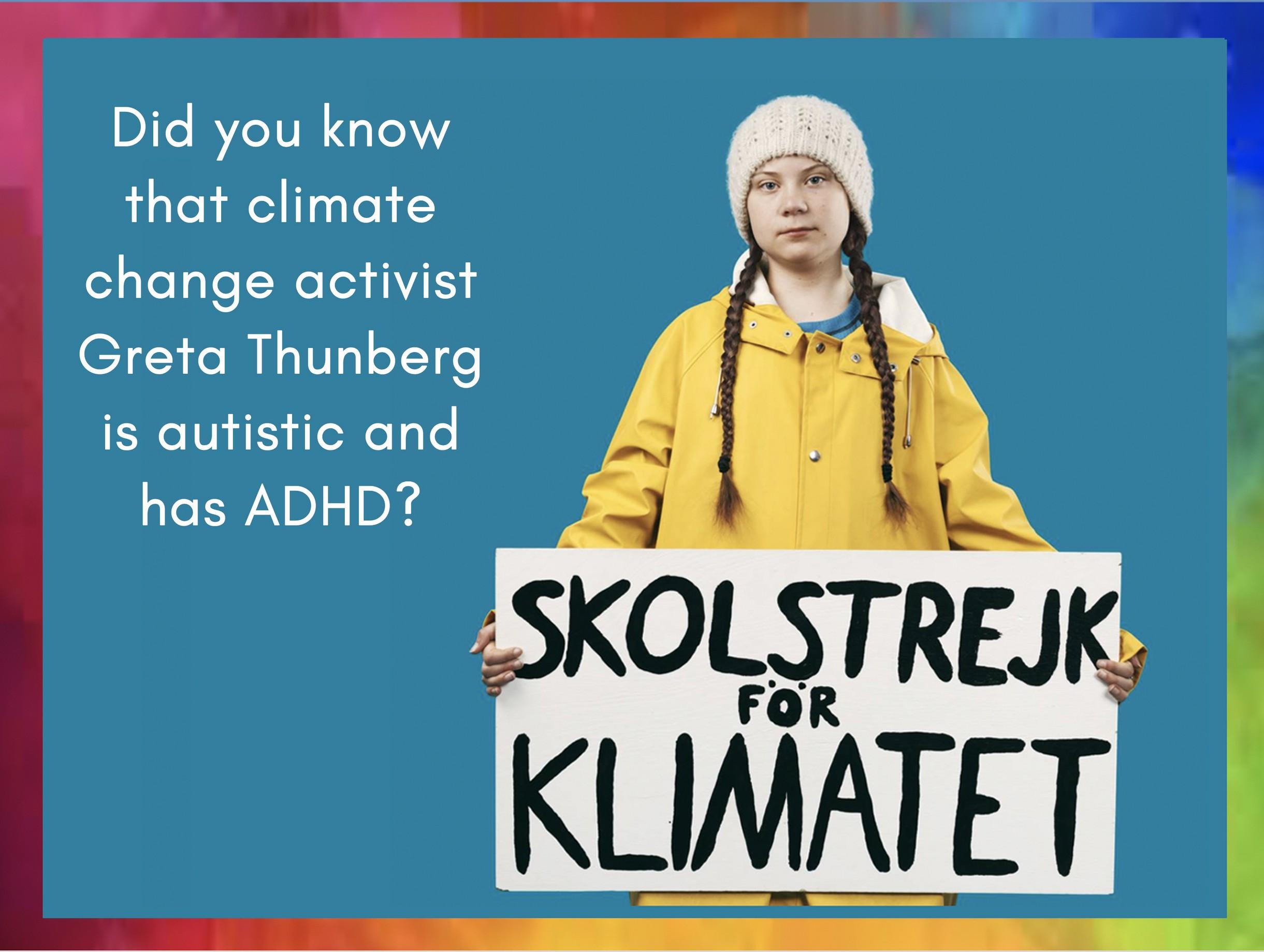
Dyslexia
• About 10% of the population are dyslexic.
• Dyslexia is a language processing difficulty that can cause challenges with reading, writing and spelling.
• It can cause challenges with processing information quickly, organisation, sequencing, spoken language and motor skills.
• Dyslexic people can be very good at creative thinking, problem-solving and verbal communication.
• About 35% of entrepreneurs (business owners) are dyslexic.
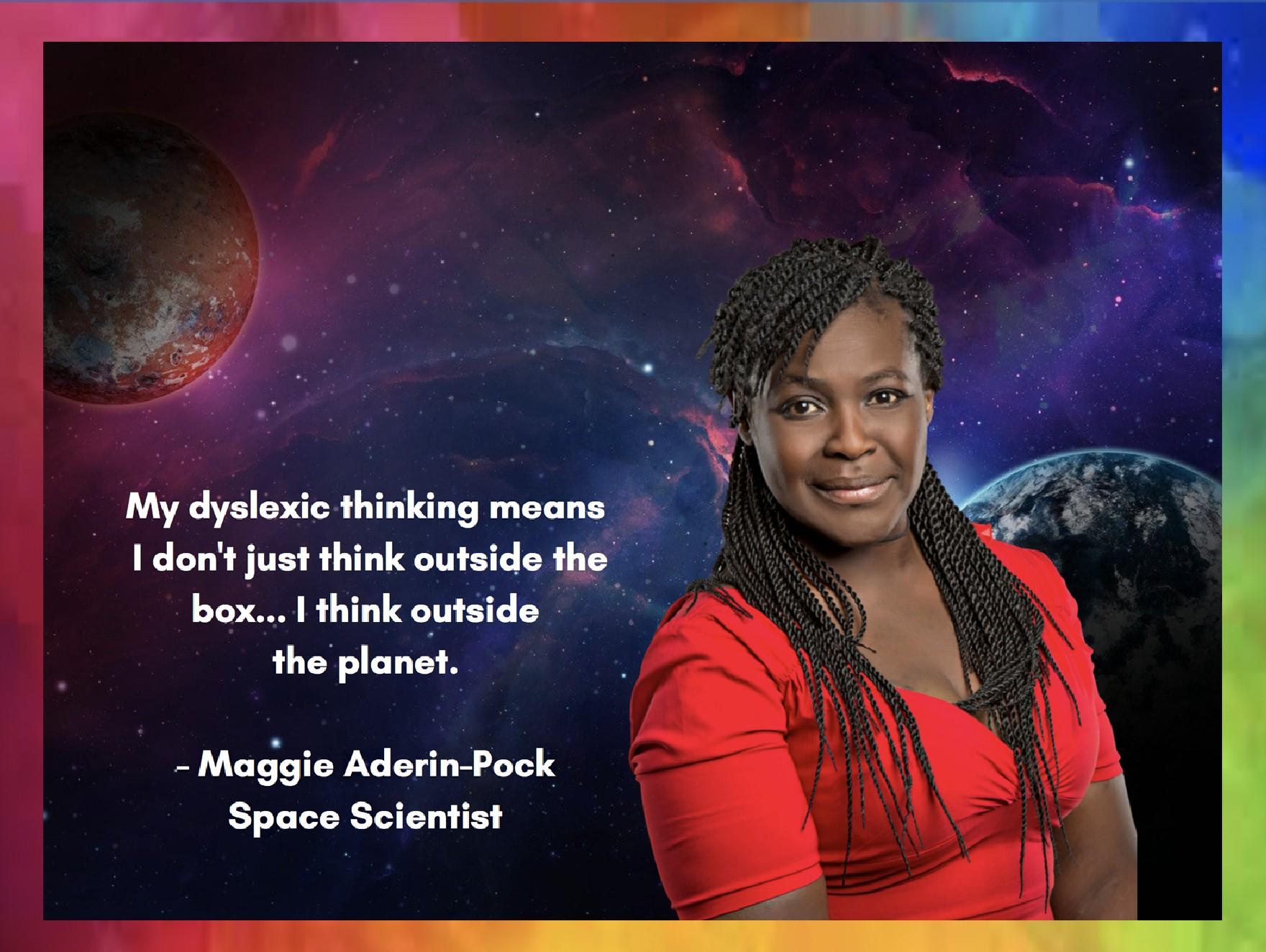
• About 6% of the population are dyspraxic.
• Dyspraxia affects your physical coordination.
• Sometimes dyspraxia can be misperceived as clumsiness.
• Dyspraxia can affect your fine motor skill, such as your handwriting, ability to tie your shoes and doing up buttons.
• It can also affect your gross motor skills, such as being able to catch and kick a ball, run and ride a bicycle.
Continued…
• Dyspraxia can also affect your ability to organise yourself.
• Dyspraxic people are creative, determined and really good at developing their own strategies to overcome difficulties.
It’s really upsetting when people laugh at me because I can’t catch a ball and I struggle with sports.
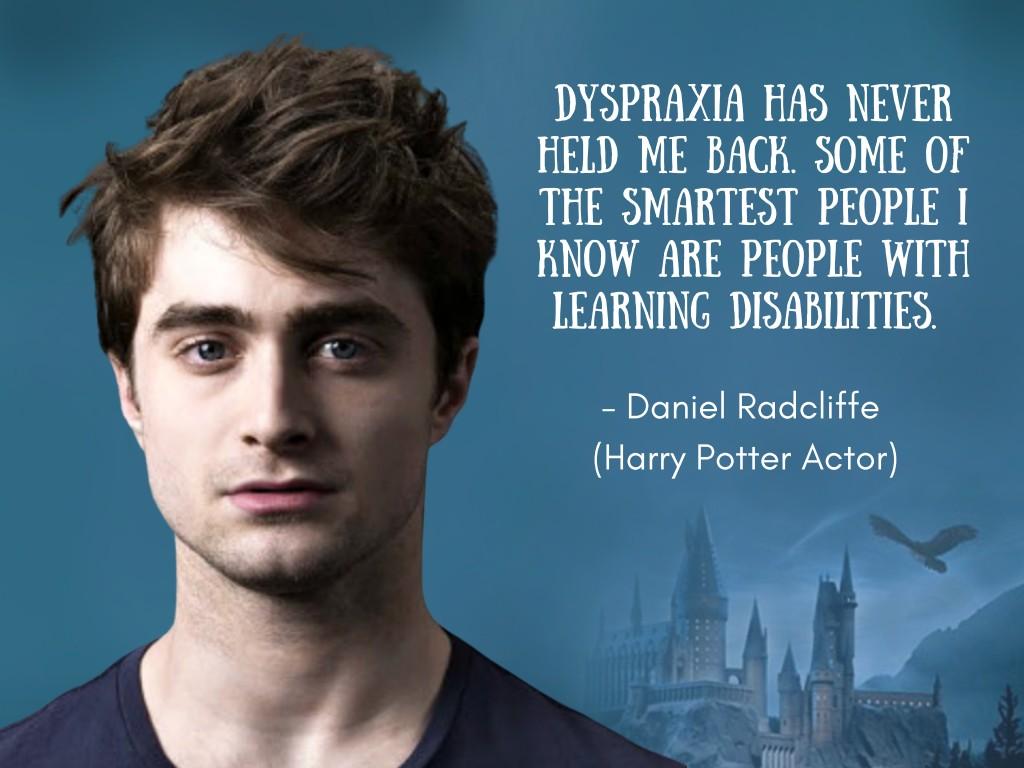

• About 5% of the population have dyscalculia
• Dyscalculia affects an individual’s ability to acquire and use mathematical skills
• For some, it affects how they see numbers. For others, it might make symbols difficult to read, or they may have trouble understanding finances, data and using numbers in everyday life
• People with dyscalculia often have strengths such as intuitive and strong strategic thinking, are very creative and have a love of words
Tourette Syndrome (TS)
• About 1% of the population have Tourette Syndrome.
• Tourette Syndrome (TS) causes sudden, uncontrolled, repetitive muscle movements and sounds called “tics.”
• Stressful situations can make the tics more frequent, longer and more severe.
• People with TS can be faster at assembling sounds into words (phonology) and are often highachieving, creative and empathetic (understanding and caring).

• Neurodiversity Celebration Week is about celebrating the strengths and talents of people with learning differences.
• Sadly, these students are often misunderstood.
• Neurodiversity Celebration Week is one way of reminding everyone of the importance of being kind, tolerant and accepting of everyone.
• The concept of neurodiversity is the acceptance that all humans are different, with unique minds, needs and abilities.
• This approach moves beyond labels such as autism, dyslexia or ADHD and recognises that difference in ability are natural in the human genome and can contain unique gifts and contributions.
• The human brain has a wide spectrum of functions and any differences should be acknowledged as just another way of being or doing things.
• Neurodiversity Celebration Week is also about recognizing hard work, resilience and determination.
• The school environment is not the ideal place for special educational needs (SEN) students to use and showcase their unique strengths and talents.
• Schools mostly focus on skills SEN students find difficult and may not naturally excel at, such as reading, writing and spelling.

• Doing badly in school can be very frustrating and discouraging, because SEN students often work extremely hard to compensate for their challenges.
• Neurodiversity Celebration Week serves as a reminder that no matter what our differences and challenges, everyone also has their own strengths and talents.
• Many people who have ADHD, autism, dyslexia, dyspraxia or Tourette Syndrome and struggled in school, are now very successful.
• Many attribute their success to their unique way of thinking and perceiving the world around them.
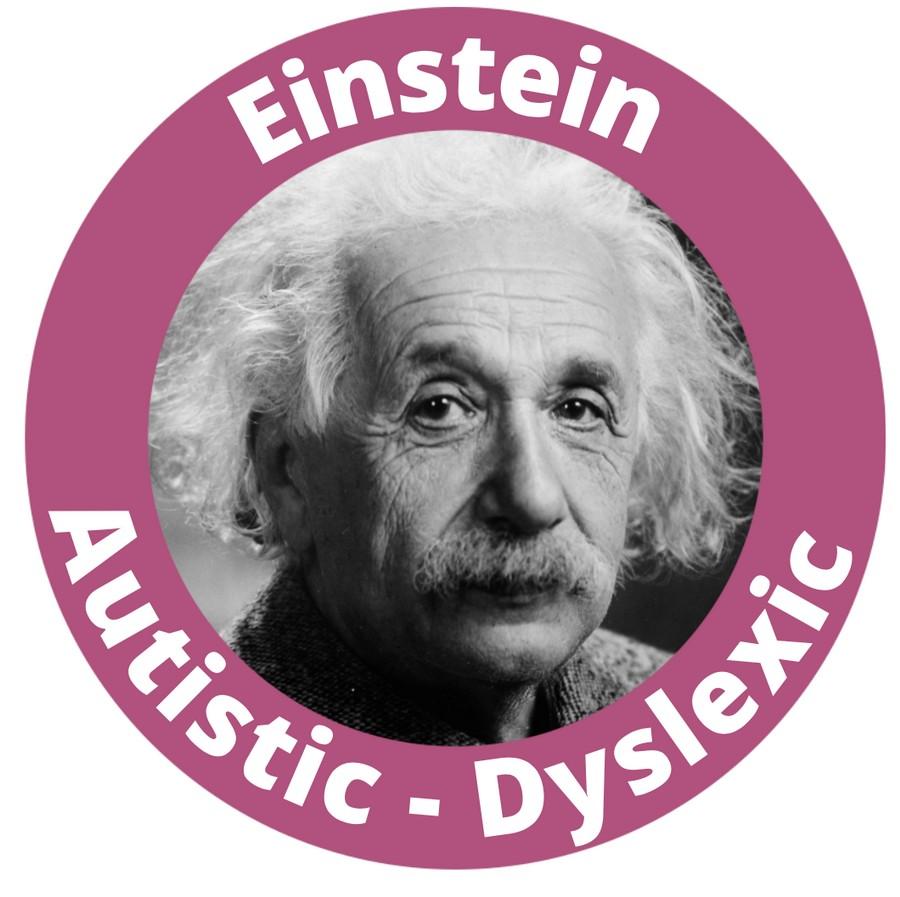
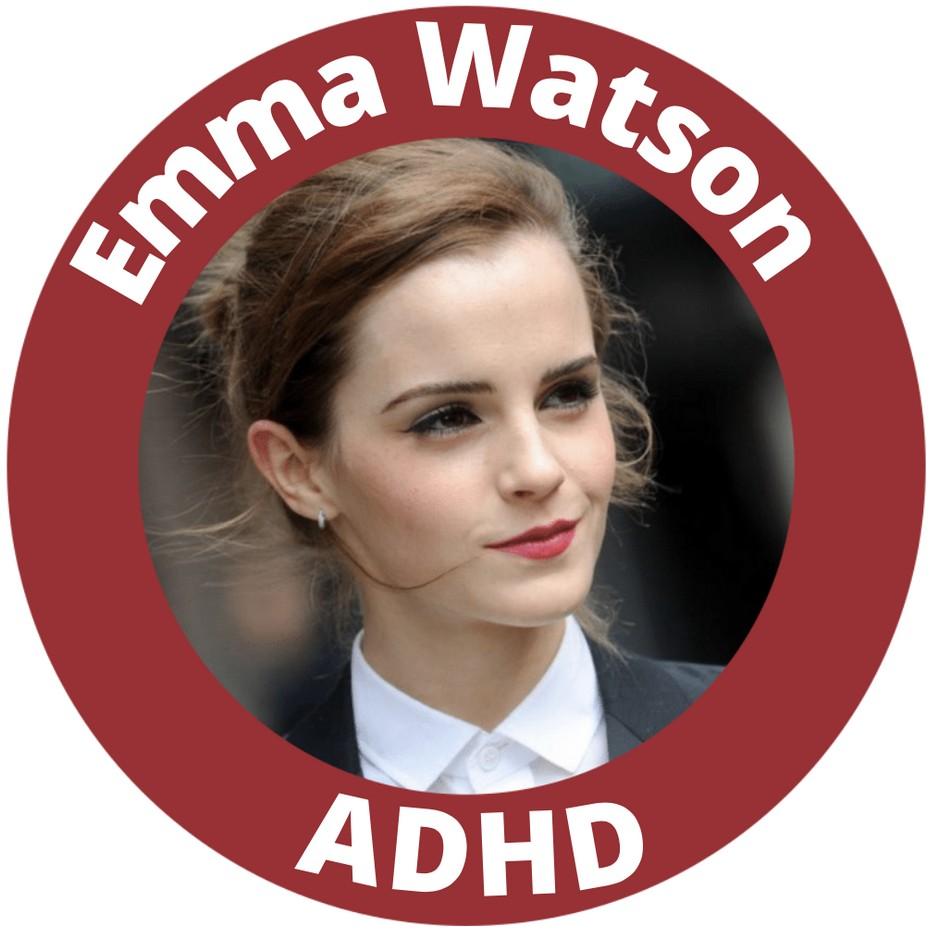
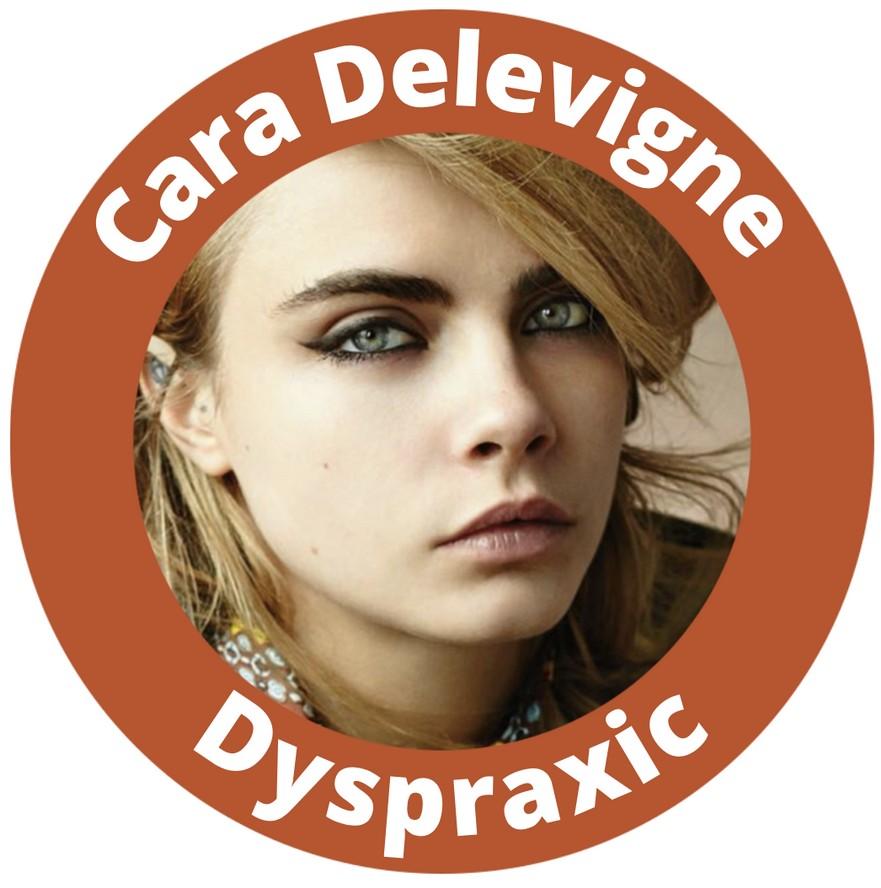
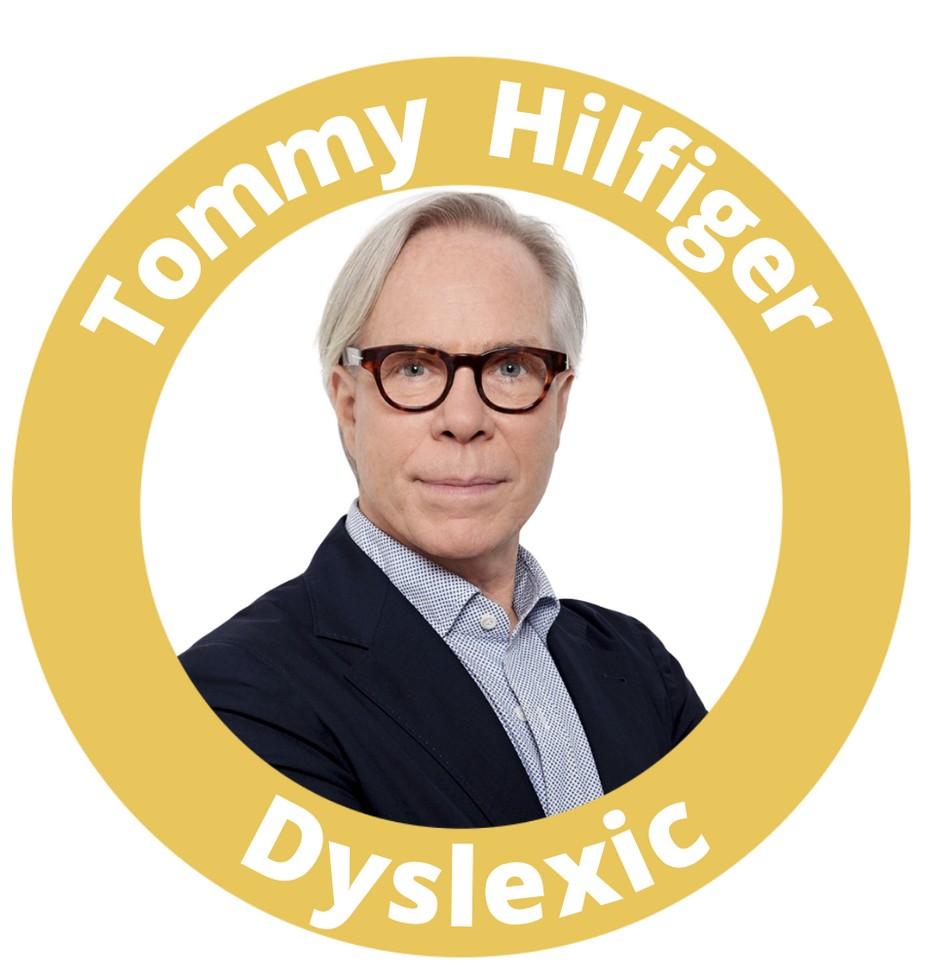
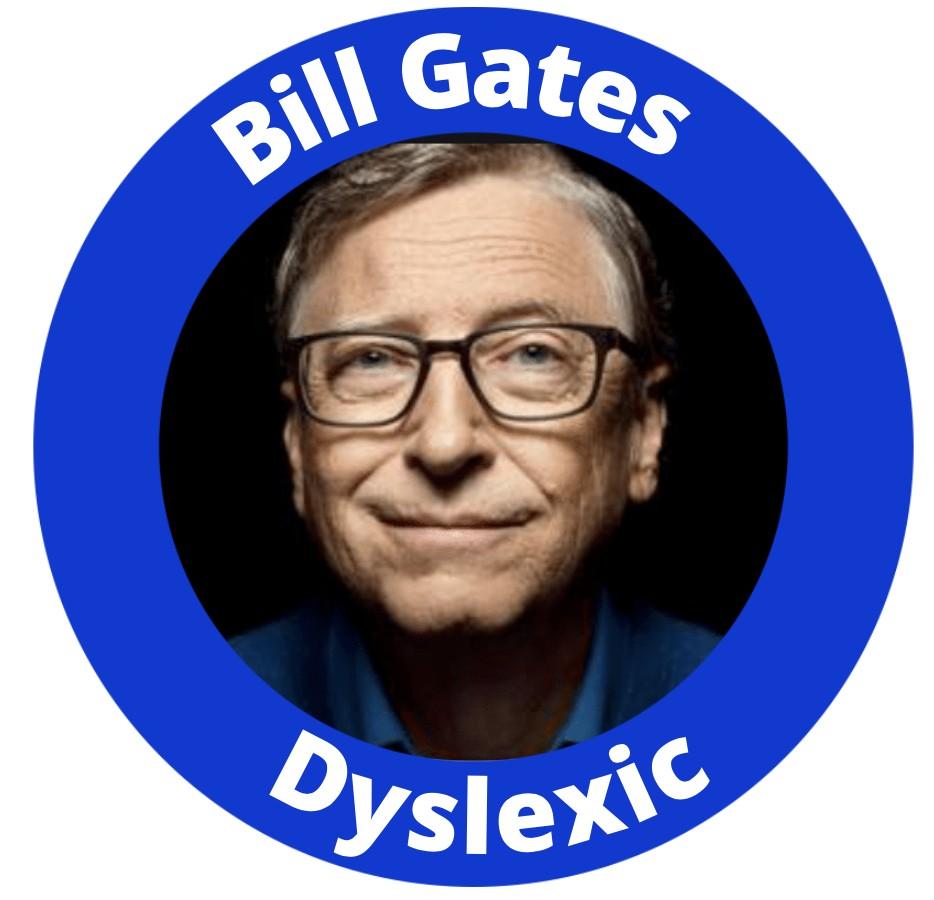
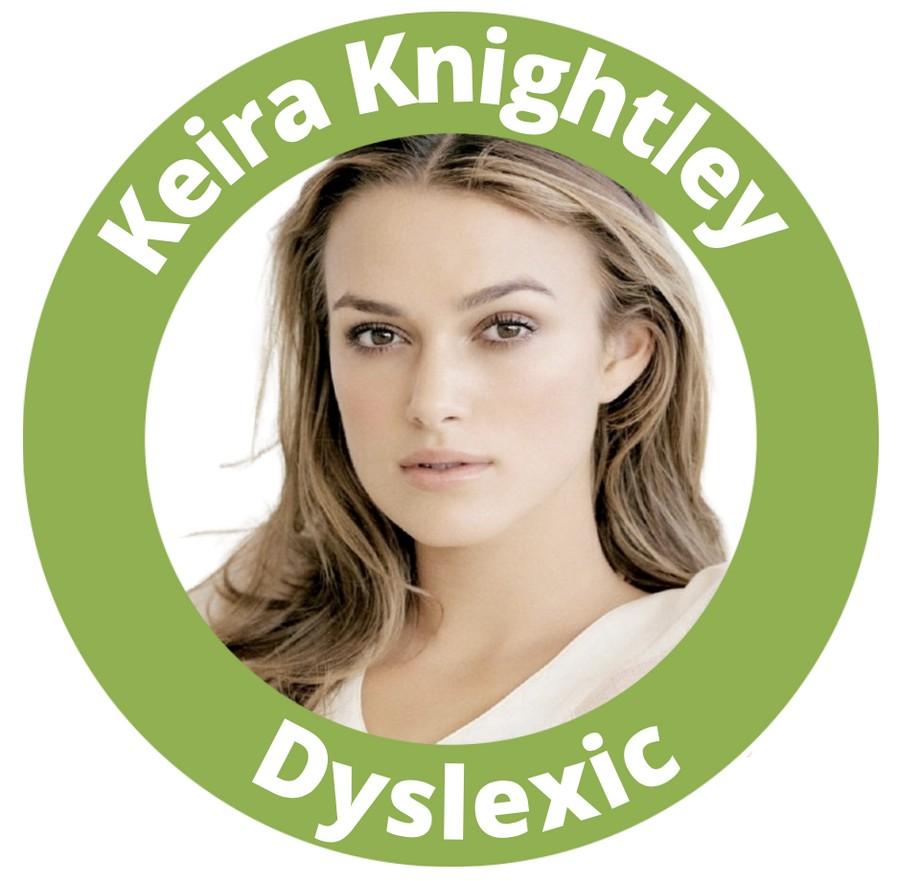
• Don’t tease or make fun of anyone in your class who is different or who is finding something difficult.
• Instead, be kind, understanding and encouraging.
• Never forget that you have the power to make a positive difference to someone who may be having a difficult time.
• Make someone’s day by being understanding and kind.

